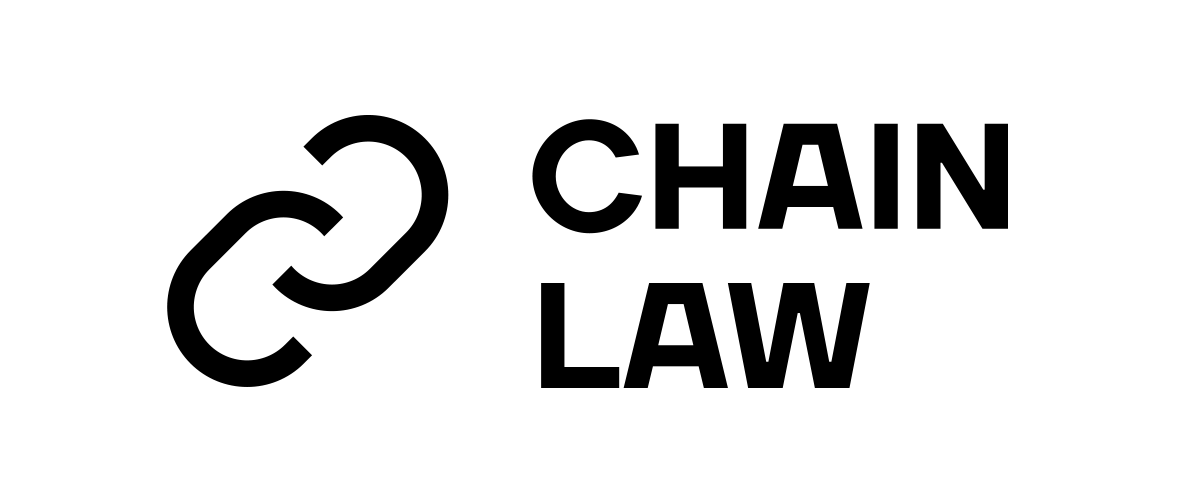Projects
-
A core novel component of the CHAINLAW is the organisational set-up. Rather than being organised around work packages, CHAINLAW is organised around individual projects and investigation clusters. The individual projects all target a particular regulatory approach towards GVCs that are then clustered to investigate the institutional lenses.

-
GVCs & Socio-Legal Institutions
Prof. Dr. Anna Beckers
Related publications:
A Beckers, Global Value Chains in EU law, 42 (2023) Yearbook of European Law 322-346.
A Beckers, Private Law and the Institutional (Re)turn, Inaugural Lecture, Maastricht University, 17 May 2024.

-
GVCs and Legal Doctrine

Dr. Rebecca Ravalli
A normative approach to GVCs that aims at addressing externalities of production must move beyond the formalistic and individualistic paradigm of private law in order to encompass the organizational and collective dimension of GVCs, rather than merely the private law bricks of which they are made. Yet, grasping the collective dimension of GVCs is a difficult exercise that necessitates a socio- economic approach to the study of GVCs. Any legal conceptualisation could not ignore the socio-economic implications of economic organisations such as GVCs: it will have to incorporate considerations on market-power relationships in the chain, on the notion of authority and control and other related socio-legal aspects in a manner that encompass all the actors directly or indirectly involved in GVCs. In other words, a legal analysis of GVCs necessitates a materialisation of the contractual infrastructure of GVCs through the adoption of a socio-legal approach to the analysis of GVCs. In the light of the above, through a socio-legal approach, this research project assesses the existing regulations of GVCs across the EU against the abovementioned organisational and collective dimension of GVCs.
GVCs and Documents

Blessing Eze
Global value chains (GVCs) have emerged as a defining feature of the contemporary global economy, influencing the production and distribution of goods and services. Their governance is influenced by a complex interplay of public and private regulations. Research has emphasised the importance of private governance mechanisms within global value chains. Private documents, such as standards, codes of conducts, and contracts, play an important role in shaping GVC structure and governance. These governance frameworks are critical for service delivery, corporate social responsibility, sustainability, and a firm's ability to 'upgrade' within these chains. However, there is a gap in understanding how private documents structure global value chains to achieve various policy objectives. Within the CHAINLAW project, this study is aimed at addressing that gap by examining the role of private documents in the structuring of GVCs from a theoretical standpoint based on the concept of socio-legal institutions that is centred on science and technology studies.
GVCs and Data

Daria Kotova
Within the CHAINLAW project, this PhD research project will focus on the digitalisation of value chains including processes of automation. Such digitalization processes, so it is hypothesised may lead to new forms of power concentration that require appropriate legal regulation.
Specifically, the project is aimed at investigating the role of competition and market practices law as part of responsive law within a broader legal regime regulating global value chains. This project suggests looking at the effects on digital-driven concentration and digitalization of various levels of global food value chains. Driven by data and technology, powerful actors of the global food value chain are able to influence the way value is created and distributed along the value chain. This project borrows competition law’s advanced toolbox to look for ways to mitigate risks arising from such behavior, whether it constitutes a competition-law relevant theory of harm or not.
-
Responsive Private and Economic Law for Global Value Chains
Prof. Dr. Anna Beckers & postdoctoral researcher 2 (vacancy for project to come)
This concluding project will bring together the different results of the project to develop the core and final aim of the project: a responsive law for value chains. Such responsive law will take account of the opportunity structures of social institutionalisation processes in GVCs and integrate the readiness of the various regulatory layers that were investigated in the project.
